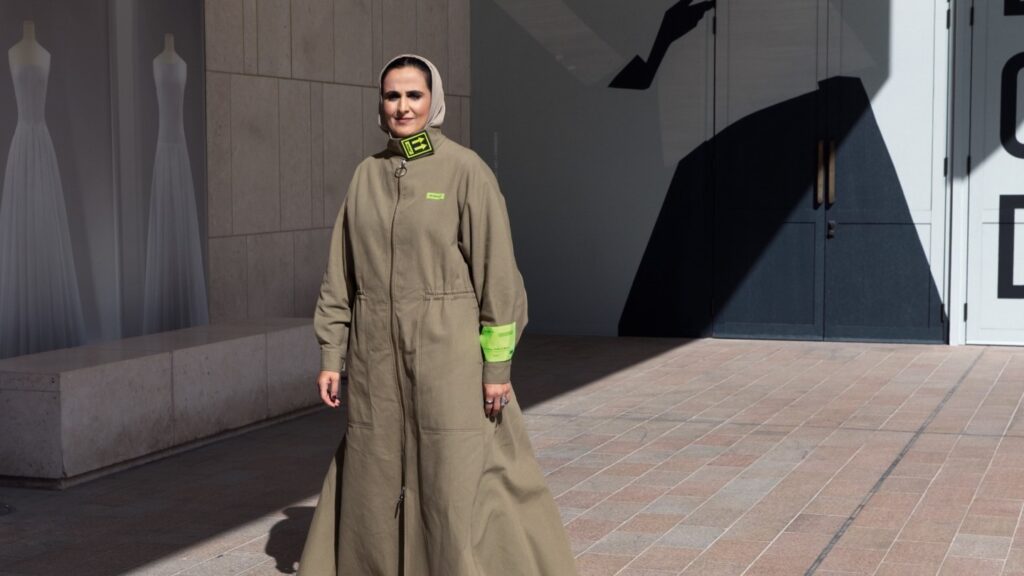Sheikha Al-Mayassa bint Hamad Al Thani, sister of Qatar’s Emir, is a key figure shaping the country’s cultural future. As the Chairperson of Qatar Museums, she oversees national art initiatives, heritage projects, and museum expansions. With an estimated annual acquisition budget of $1 billion, she is known for acquiring masterworks from globally renowned artists including Paul Gauguin, Paul Cézanne, and Mark Rothko.
Founder of Doha Film Institute
Beyond visual art, Sheikha Al-Mayassa has also made a mark in cinema. She founded the Doha Film Institute, which promotes independent filmmaking in the region. The institute runs programs like the Ajyal Film Festival and supports emerging filmmakers through grants and production support.
International Recognition and Influence
Sheikha Al-Mayassa’s impact on the global cultural stage has earned her a place on influential lists such as ArtReview’s Power 100, Art+Auction’s top-10 most influential in art, Time 100, Forbes’ World’s 100 Most Powerful Women, and Gulf Business’ Top 100 Most Powerful Arabs. Her influence is not just financial, but strategic, shaping how Qatar positions itself as a global cultural hub.

Academic Background Across Continents
Born to former Emir Hamad bin Khalifa Al Thani and Sheikha Moza bint Nasser Al-Missned, Al-Mayassa has a diverse educational journey:
- Undergraduate: Duke University (B.A. in Political Science and Literature, 2005)
- Postgraduate: Columbia University (Public Administration)
- Paris Studies: University of Paris 1 Pantheon-Sorbonne and Sciences Po (2003–2004)
Her global education has contributed to her broad perspective in arts, diplomacy, and leadership.
Philanthropic Engagement
Sheikha Al-Mayassa also engages in various philanthropic efforts, focusing on art, culture, and education. Her initiatives aim to empower local communities and elevate Qatar’s international presence through cultural diplomacy.
With a dynamic mix of academic depth, cultural ambition, and global recognition, Sheikha Al-Mayassa bint Hamad Al Thani has emerged as one of the most influential cultural figures of the 21st century. Her leadership continues to shape not just Qatar’s cultural identity, but also its role in the global arts and film ecosystem.
